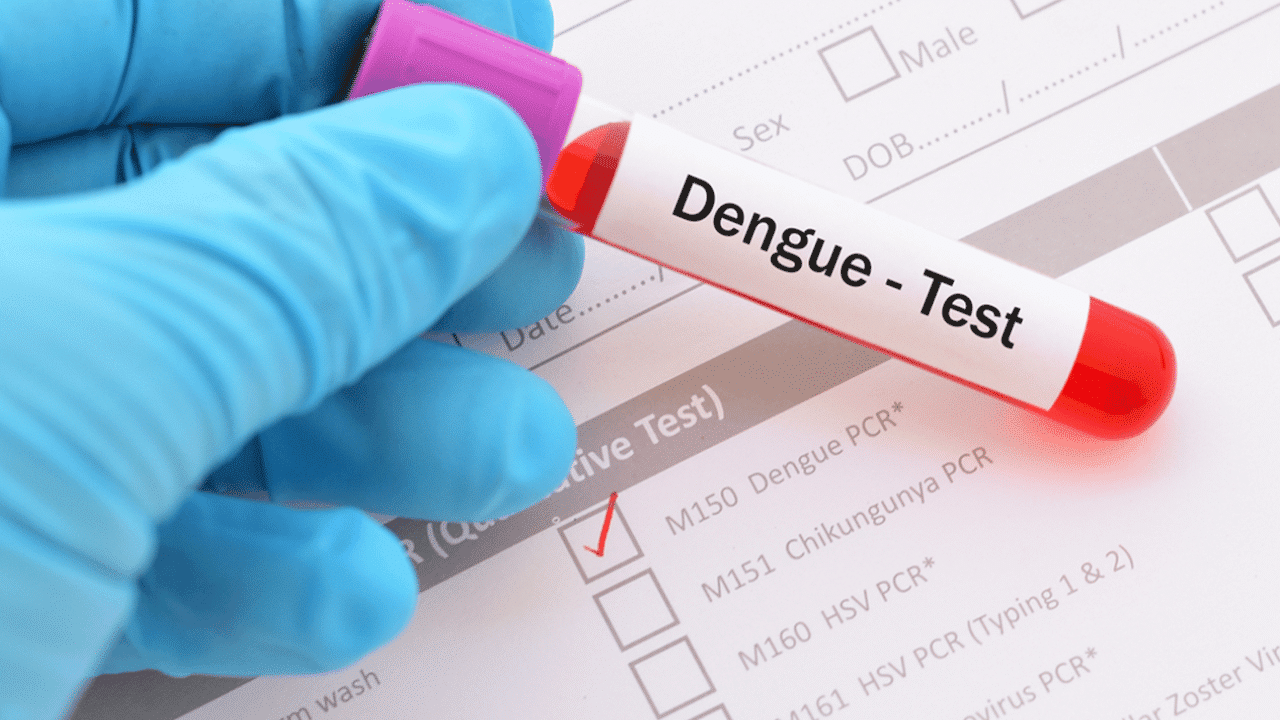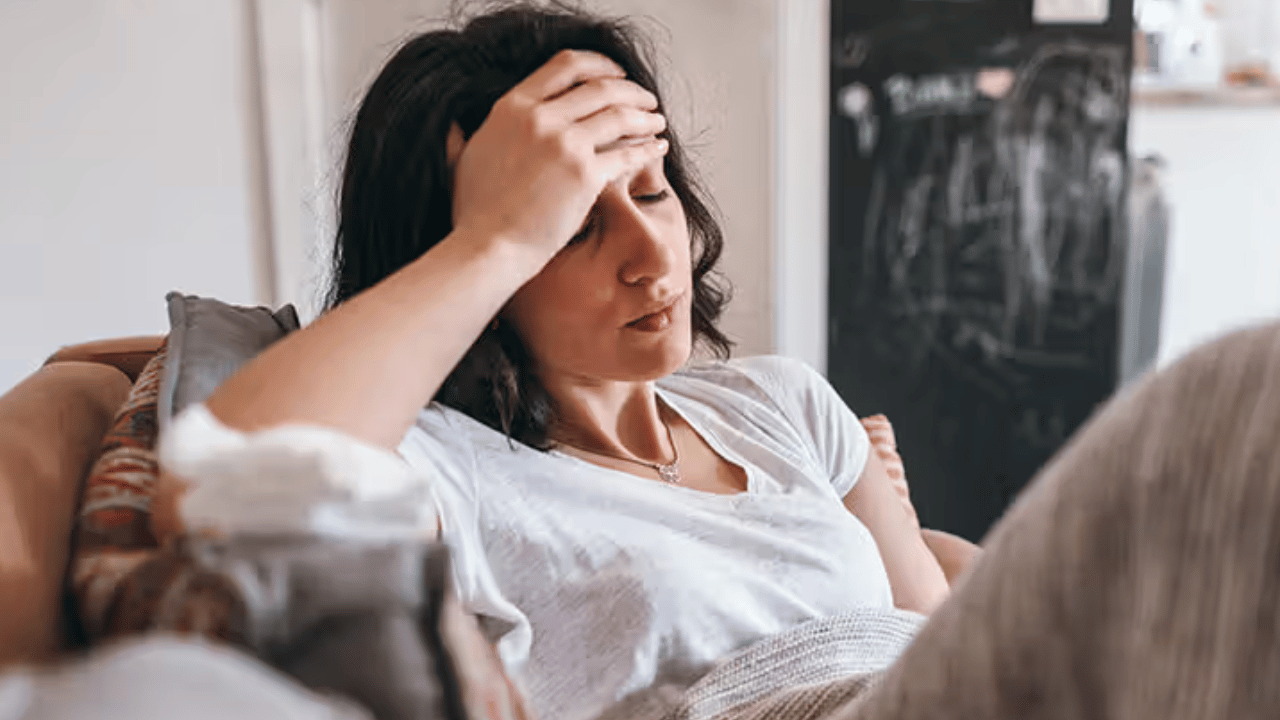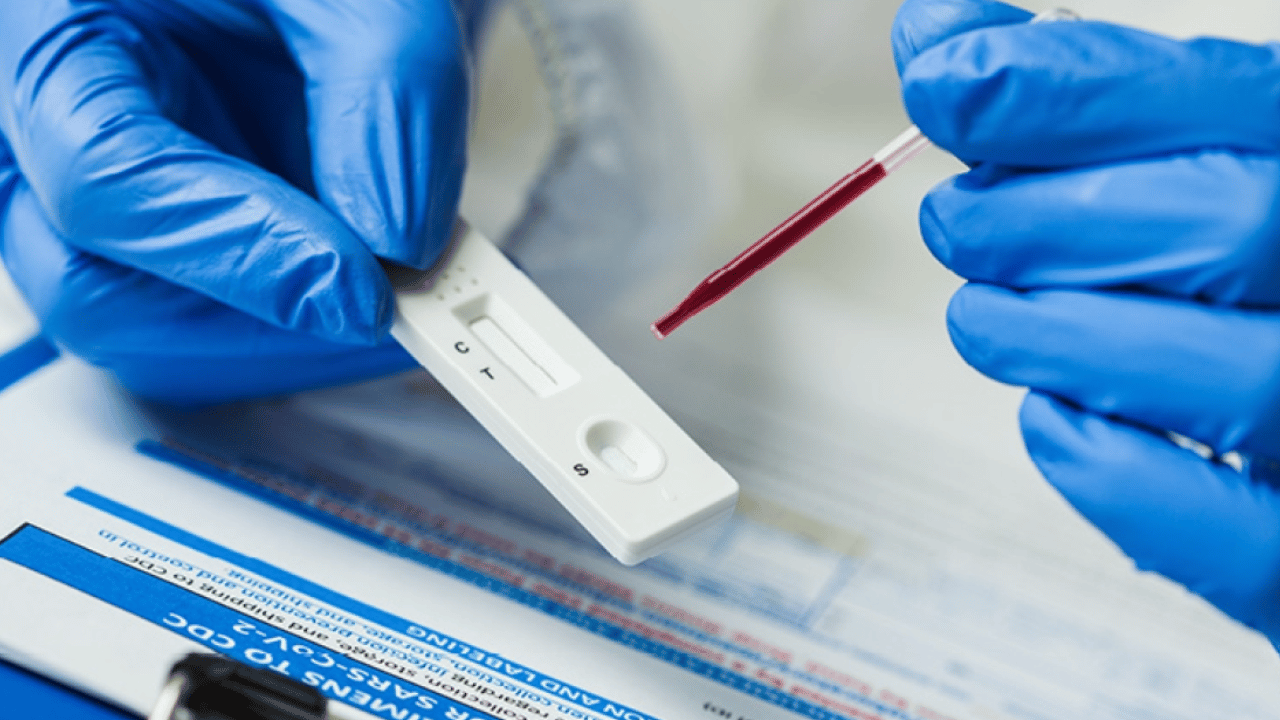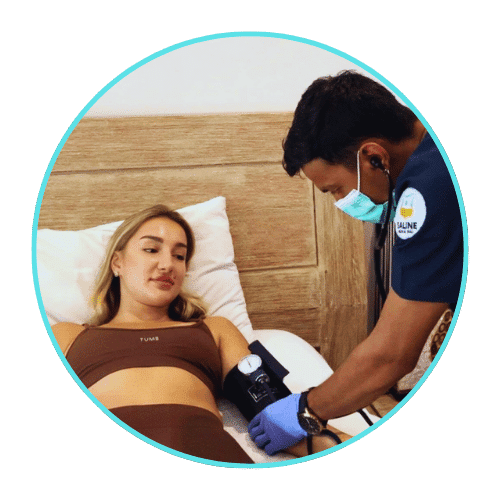
Dengue fever is a common mosquito-borne disease in tropical areas like Bali. It is caused by the Dengue virus, which is transmitted by the bite of the Aedes aegypti mosquito. Due to Bali’s warm climate and dense population in certain areas, dengue cases are not rare—affecting both locals and tourists, especially during the rainy season.
Understanding Dengue Fever in Bali

Dengue fever is a dangerous viral infection that can lead to severe complications if not treated properly. One of its early symptoms is a biphasic fever, where body temperature fluctuates from high to normal and then rises again within a few days. Other common symptoms include:
- Persistent high fever (lasting 2–6 days)
- Headache and pain behind the eyes
- Muscle and joint pain
- Nausea or vomiting
- Skin rash or red spots on the body
- Fatigue or weakness
- Mild bleeding from gums, nose, or digestive tract
If you experience these symptoms while in Bali, especially after mosquito bites, you should immediately undergo a Dengue Fever Test to confirm your condition.
Why Dengue Test Bali Are Essential

Accurate and timely diagnosis is crucial in managing dengue fever, as early detection significantly increases the chances of a smooth and safe recovery. Dengue is a fast-progressing viral infection, and in some cases, symptoms can worsen within just a few days. By performing early testing, doctors can closely monitor your platelet levels, red blood cells, and overall blood chemistry, allowing them to identify warning signs such as dehydration, bleeding tendencies, or organ stress before they become severe.
Early diagnosis also plays a key role in preventing dangerous complications such as Dengue Hemorrhagic Fever (DHF) and Dengue Shock Syndrome (DSS)—two life-threatening conditions that can occur when the infection progresses without proper medical supervision. Through a combination of a doctor’s thorough physical examination and accurate laboratory tests, healthcare professionals can evaluate the stage of infection, tailor appropriate treatments, and ensure that your condition is managed safely and effectively.
At this stage, your doctor may recommend daily monitoring through blood tests, especially during the critical period when platelet counts tend to drop. This proactive approach helps prevent emergencies and ensures that any sudden changes in your health are addressed immediately.
Types of Dengue Tests in Bali

There are several types of dengue fever tests, each serving different diagnostic purposes and applicable at different stages of infection. Before performing a dengue test in Bali, the doctor will usually ask questions about your symptoms, living environment, and travel history to determine the most suitable test.
1. Complete Blood Count (CBC)
The Complete Blood Count (CBC) is one of the most essential tests in detecting and monitoring dengue fever. It provides detailed information about the different components of your blood, including red blood cells, white blood cells, hematocrit, and platelets.
In dengue infection, one of the main warning signs is a drop in platelet count — typically below 100,000 per microliter — which can indicate that the virus is affecting the body’s ability to form clots. A low platelet count may lead to bleeding under the skin, nosebleeds, or even internal bleeding if left unchecked.
The CBC test also helps evaluate hematocrit levels (the concentration of red blood cells), which can increase as plasma leaks from blood vessels during severe dengue stages. This information allows doctors to assess the severity of dehydration and risk of complications.
For patients already diagnosed with dengue fever, daily CBC monitoring is recommended to track platelet trends and ensure timely medical intervention. This simple yet crucial test helps prevent the illness from progressing into more serious stages such as Dengue Hemorrhagic Fever (DHF) or Dengue Shock Syndrome (DSS).
2. Dengue NS1 Antigen Test
The Dengue NS1 Antigen Test is one of the most accurate diagnostic tools for detecting dengue in its early stages — usually between day 1 and day 3 of fever. The “NS1” stands for Non-Structural Protein 1, a viral protein released into the bloodstream during active infection.
Unlike antibody-based tests, which rely on the body’s immune response, the NS1 test directly identifies the presence of the virus itself. This means patients can be diagnosed even before antibodies have developed, allowing doctors to start proper management sooner.
A positive NS1 result confirms an active dengue infection, and based on the findings, doctors can provide prompt treatment — including hydration therapy, rest, and regular monitoring — before severe symptoms appear. The NS1 test is especially useful for travelers or first-time patients who may not yet show visible dengue signs.
3. IgM and IgG ELISA Test
The IgM and IgG ELISA test (Enzyme-Linked Immunosorbent Assay) detects antibodies that your immune system produces in response to the dengue virus. These antibodies provide valuable information about the stage and history of infection.
- IgM antibodies are the first to appear, typically within 3–5 days after infection, indicating a recent or ongoing infection. High levels of IgM suggest that the patient is currently in the active phase of dengue.
- IgG antibodies, on the other hand, develop later in the course of the disease (around day 7 or more) and remain in the body for years. The presence of IgG usually indicates a past infection or a secondary dengue episode, where a person is infected again with a different strain of the dengue virus.
This test is particularly valuable when the patient seeks medical help after the early phase of infection, where NS1 results may no longer be accurate. By analyzing both IgM and IgG levels, doctors can differentiate between a new infection and a previous exposure, guiding them to choose the most suitable management plan.
Doctor Examination and Monitoring Process

During a dengue examination in Bali, the doctor will follow several steps to ensure an accurate diagnosis and effective monitoring:
- Initial Assessment: The doctor will ask detailed questions about your symptoms, medical history, and environment—especially if you live or stay in a mosquito-prone area.
- Physical Examination: Temperature, blood pressure, and general health condition are assessed to detect early warning signs.
- Blood Sampling: If dengue symptoms are suspected, the doctor will recommend blood tests such as CBC, NS1, or antibody tests. A small amount of blood is drawn and sent to the laboratory for analysis.
- Lab Examination: Expert technicians analyze your sample to confirm dengue infection. While waiting for results, you will be advised to rest, stay hydrated, and take fever-reducing medication as prescribed.
- Follow-Up and Hospitalization (if needed): If your platelet count continues to drop or symptoms worsen, the doctor may recommend hospitalization to ensure close monitoring and intravenous hydration.
Recovery and Monitoring During Dengue Fever

Patients diagnosed with dengue fever typically enter a critical phase between the third and seventh day of illness. This is the most crucial period of the disease, as the body’s immune response intensifies and the virus can affect the walls of the blood vessels, causing plasma leakage into surrounding tissues. When this occurs, the blood becomes thicker, and circulation may decrease, leading to potential complications such as low blood pressure, organ stress, or internal bleeding.
Symptoms like persistent vomiting, abdominal pain, restlessness, cold hands and feet, or bleeding gums should be treated as warning signs requiring immediate medical attention. Regular CBC monitoring and doctor supervision during this period help detect sudden drops in platelet count or hematocrit changes early, ensuring timely intervention before the condition worsens.
After the critical period—usually within 48 to 72 hours—most patients begin to recover gradually as the infection subsides and the immune system starts restoring normal body function. Platelet counts typically begin to rise, fever decreases, and energy levels improve, marking the start of the recovery stage. However, even as symptoms fade, continuous medical observation remains important to prevent dehydration and to ensure the body fully stabilizes.
Adequate hydration, both oral and intravenous, plays a key role in speeding up recovery and maintaining proper circulation. With close monitoring and supportive care, most patients can recover safely without long-term complications, regaining their strength and returning to normal activities within a few days.
Dengue Care and Testing Services at Saline Bali
Saline Bali offers a full range of professional medical services designed to diagnose, monitor, and treat dengue fever effectively. With a team of experienced doctors and certified laboratory technicians, Saline Bali provides reliable, safe, and patient-focused care for both locals and travelers in Bali.

1. Doctor Consultations and Follow-Up Care
Each patient begins with a comprehensive medical consultation, where doctors carefully evaluate symptoms such as fever patterns, fatigue, and body pain. During this session, the doctor will also review your travel history and environmental exposure to identify the likelihood of dengue infection. If dengue is suspected, further diagnostic tests will be recommended. Continuous follow-up visits help monitor your progress and ensure your condition remains stable throughout the recovery process.
2. Routine Hydration Therapy (IV Fluids)
One of the most important aspects of dengue management is maintaining proper hydration. Saline Bali provides IV hydration therapy to prevent dehydration, stabilize body fluids, and support recovery during the critical phase of dengue. This service helps regulate electrolyte balance, improves blood circulation, and reduces fatigue—allowing your body to heal more efficiently.
3. Accurate Laboratory Testing
The clinic offers a full range of dengue diagnostic tests, including:
- Complete Blood Count (CBC) to monitor platelet and hematocrit levels
- NS1 Antigen Test for early-stage detection
These laboratory services are performed using modern testing equipment and are supervised by skilled lab professionals to ensure accuracy and reliability in every result.
Dengue fever remains one of the most common and serious health concerns in tropical regions like Bali, but with early detection and proper medical care, it is highly manageable. Timely testing plays a crucial role in preventing complications, allowing doctors to monitor platelet counts, identify warning signs, and provide appropriate treatment before the condition worsens. Understanding the types of dengue tests — from the CBC and NS1 Antigen Test to the IgM/IgG ELISA— helps patients make informed decisions and seek the right care based on their symptoms and stage of infection.
At Saline Bali, comprehensive dengue diagnosis and treatment services are available to ensure every patient receives safe, accurate, and compassionate care. With expert medical consultations, hydration therapy, and advanced laboratory testing, Saline Bali provides complete dengue management from early detection to full recovery. By acting quickly at the first sign of symptoms and undergoing professional dengue testing in Bali, patients can recover safely and continue enjoying their time on the island with confidence and peace of mind.
Frequently Asked Questions
1. What are the common symptoms that indicate I should take a Dengue Test in Bali?
If you experience symptoms such as high fever, headache, pain behind the eyes, body and joint pain, nausea, skin rash, or unusual fatigue — especially after mosquito bites — you should take a dengue test immediately. Early testing helps confirm the diagnosis and prevent serious complications like dengue hemorrhagic fever.
2. How soon should I take the Dengue Test after showing symptoms?
It is recommended to take a Dengue NS1 Antigen Test within the first 1–3 days of fever for early detection. If symptoms appear later, you can take the IgM and IgG Antibody Test (from day 4 onward) to check for a recent or past infection. Consulting a doctor will help determine which test is most appropriate for your stage of illness.
3. What types of dengue tests are available at clinics in Bali?
Most clinics in Bali, including Saline Bali, offer a range of dengue diagnostic tests designed to identify and monitor the infection accurately. These include the Complete Blood Count (CBC), which helps assess platelet and hematocrit levels; the NS1 Antigen Test, useful for detecting the virus during the early stage of infection; and the IgM and IgG ELISA Tests, which measure the body’s antibody response to determine whether the infection is recent or from a previous exposure. In some cases, doctors may also recommend the Hemagglutination Inhibition (HI) Assay to evaluate the body’s immune response and detect possible reinfection.
Each of these tests plays a unique role in confirming the diagnosis, and when used together, they provide a more comprehensive and accurate picture of the patient’s condition.
4. How long does it take to receive Dengue Test results in Bali?
Most dengue test results, such as CBC and NS1, can be available within a few hours on the same day. IgM and IgG tests may take slightly longer, depending on the laboratory’s workflow. Clinics like Saline Bali aim to provide fast and accurate results so doctors can immediately begin the right treatment plan.
5. What should I do if my Dengue Test result is positive?
If your test result is positive, it’s important to follow your doctor’s instructions carefully. You may be advised to undergo daily CBC monitoring to track platelet levels, receive hydration therapy (IV fluids), and get sufficient rest. Avoid self-medication, especially drugs containing aspirin or ibuprofen, as they can increase the risk of bleeding. Early medical supervision ensures a safe and faster recovery.
